
Read or listen offline
自动生成的音频
1×
自动生成的音频
Recommendation
With the right guidance, the current wave of immigration into the European Union could morph from a crisis into an opportunity. That’s according to International Monetary Fund economists in this timely look at the actual and potential economic impacts – both good and bad – of refugees on EU countries. Clearly, the immediate humanitarian disaster poses great challenges, but the ongoing assimilation of new workers and taxpayers into an aging Europe could beget decidedly positive outcomes for both natives and migrants. getAbstract recommends this thought-provoking analysis to executives, economists and policy makers.
Take-Aways
About the Authors
Shekhar Aiyar et al. are affiliated with the International Monetary Fund.









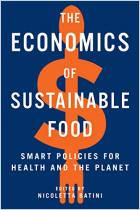
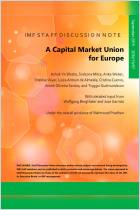
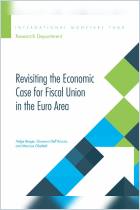
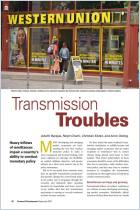
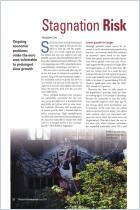
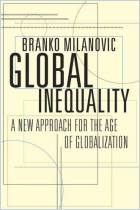
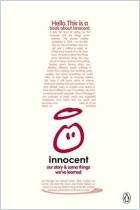
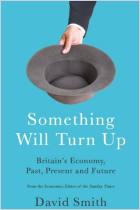


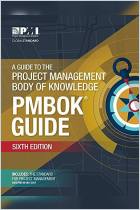

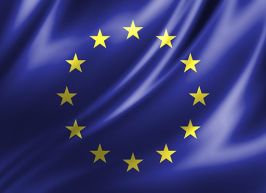



Comment on this summary or 开始讨论